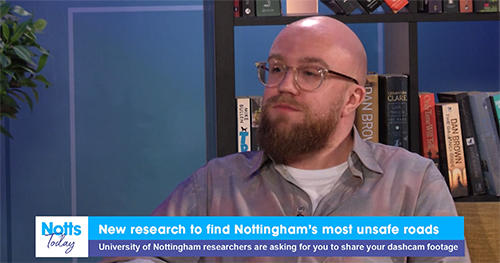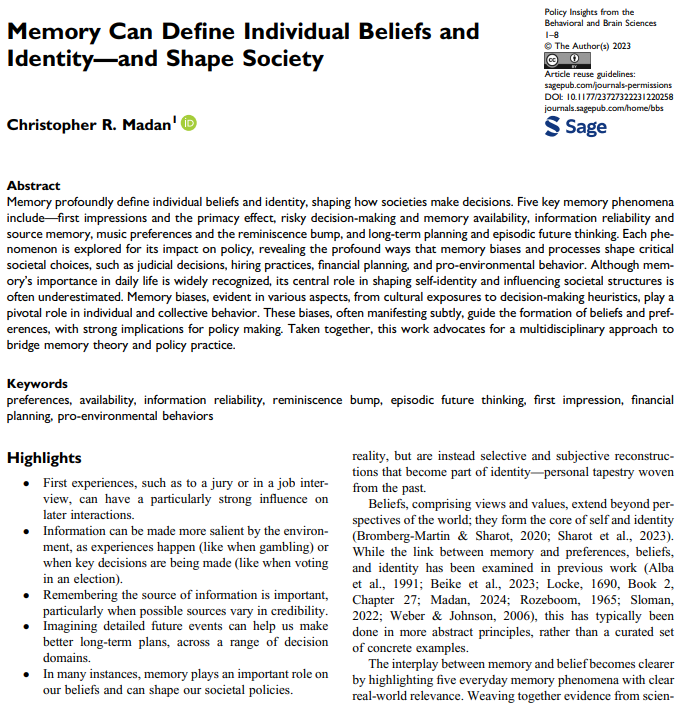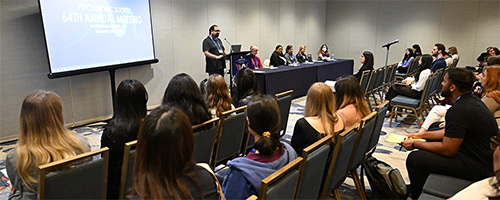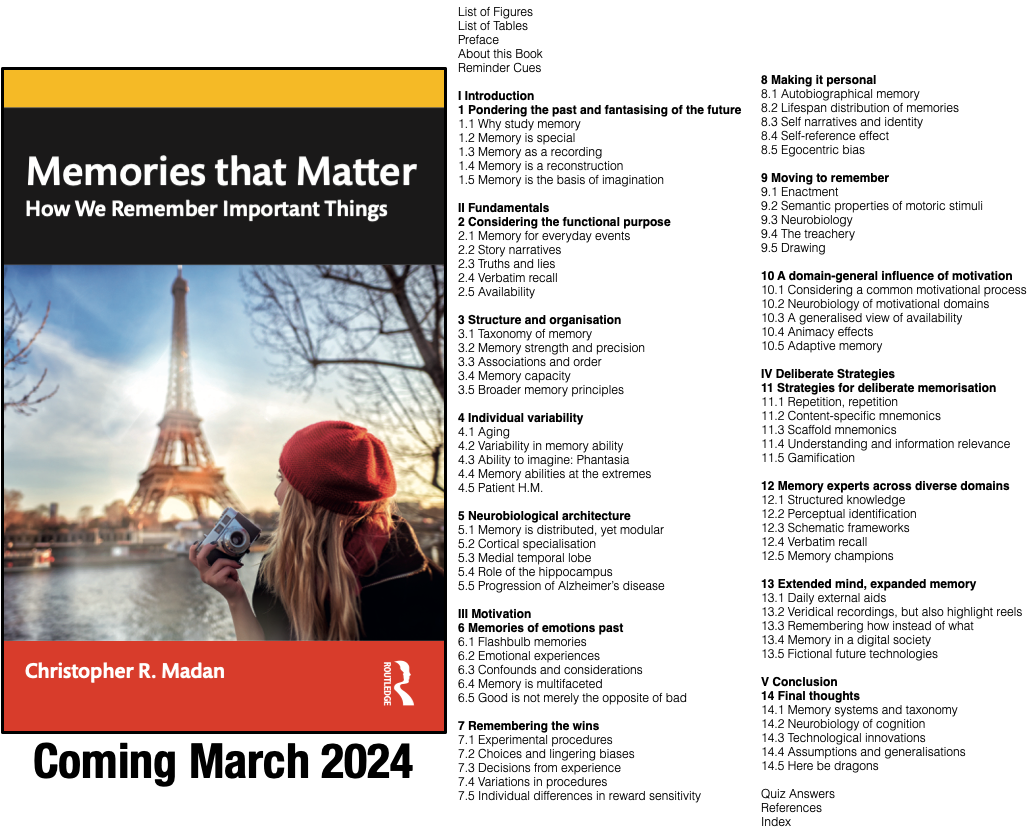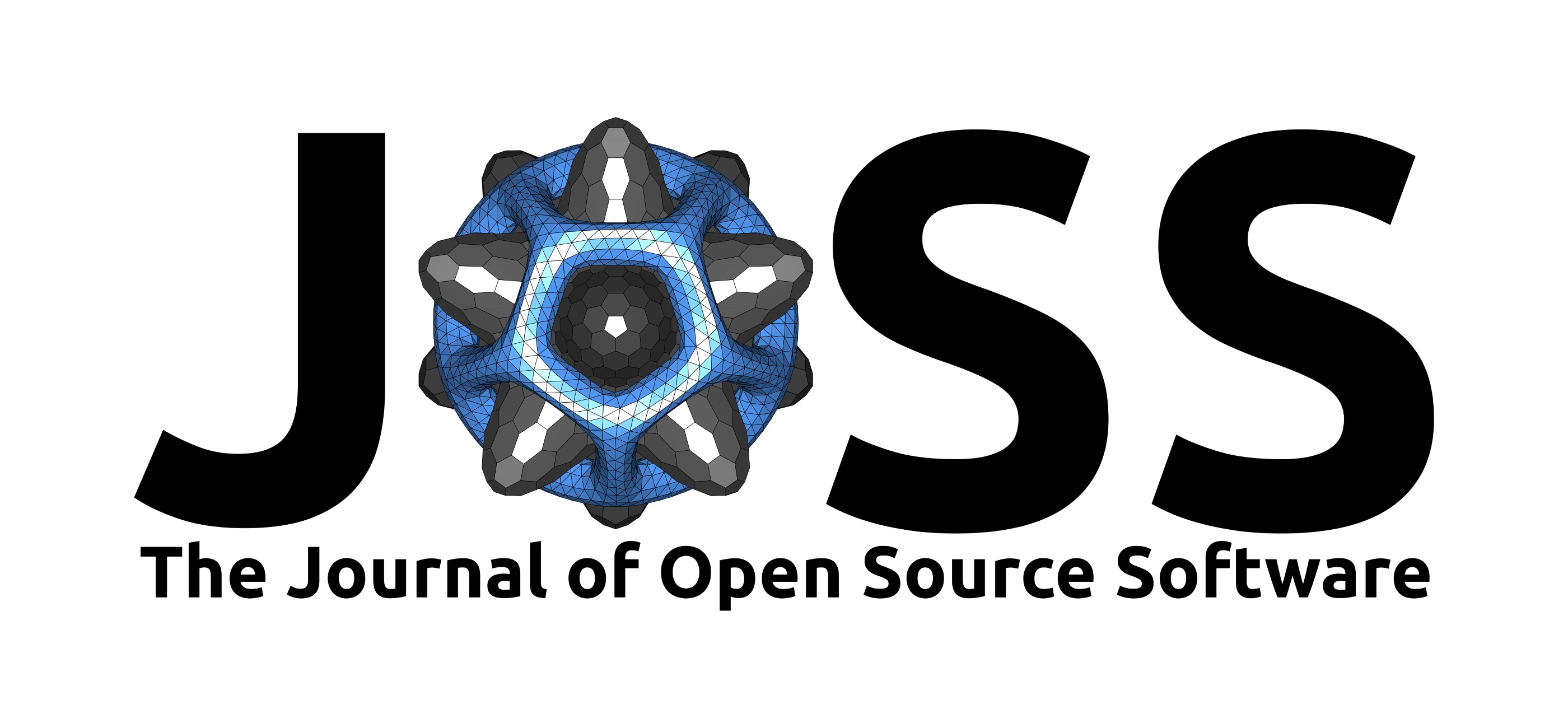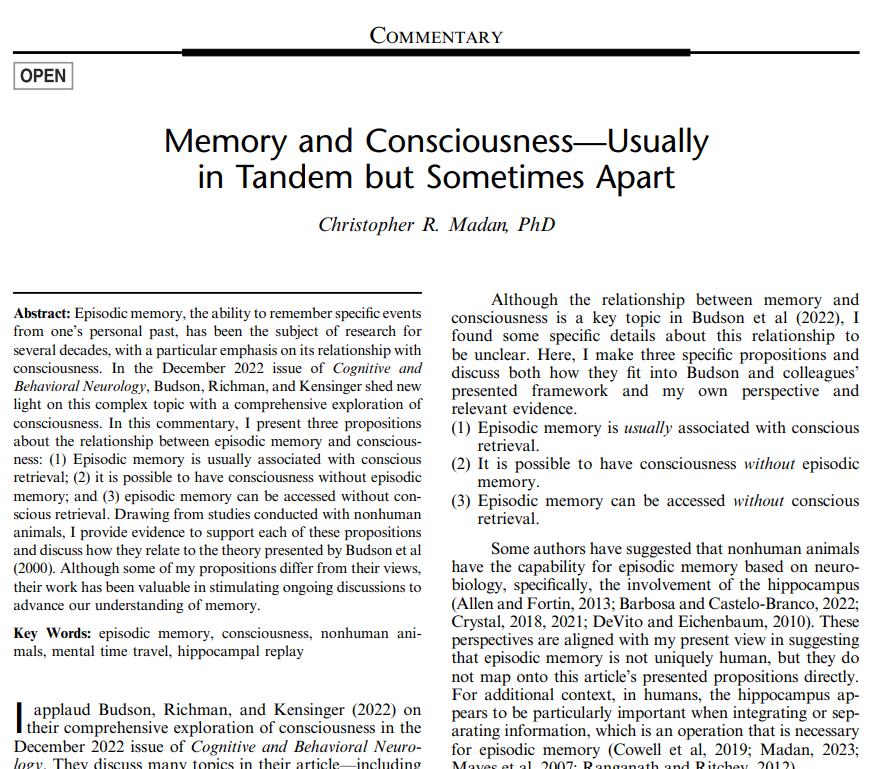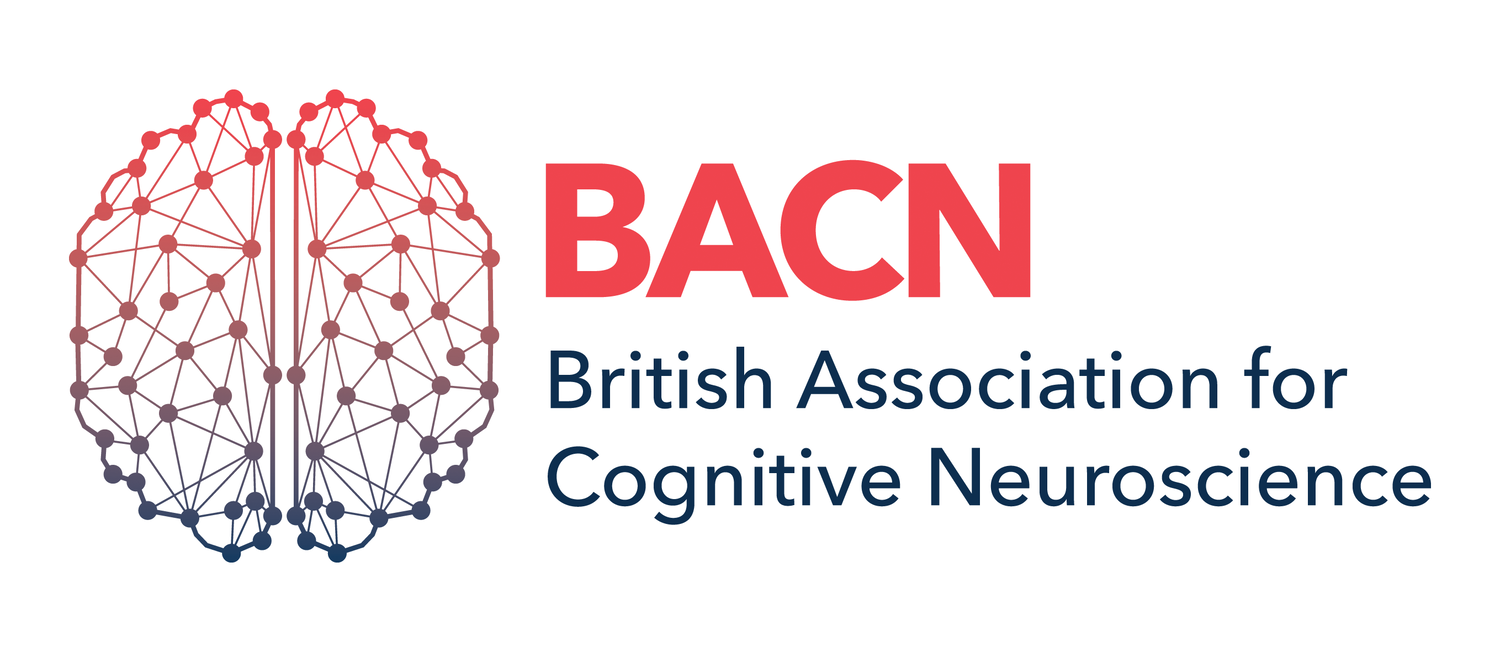Lab Updates
Research on road users and potential accidents
Project lead, Dr. Karl Miller: “We know from previous research that road users have many near crash incidents on a regular basis, with some road users being more exposed to these than others. However there is little evidence to really identify where these near crashes happen. We want people to help us collect these data so that we can have a greater understanding of exactly where and how often near crashes are happening and pinpoint those particularly dangerous hotspots that could eventually lead to a serious accident occurring.”
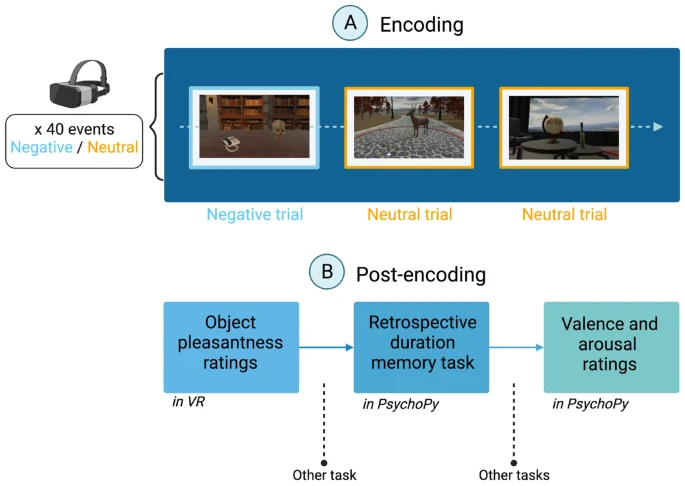
The effects of emotion on retrospective duration memory using virtual reality
New virtual reality study published, led by Omran Safi and Dr. Daniela Palombo.
“While emotion generally enhances some aspects of memory, temporal duration has been shown to be particularly susceptible to emotion-induced distortions. However, prior work has faced difficulty when studying this phenomenon, having to make some trade-offs on ecological validity or experimental control. Here, we sought to bridge this gap by studying the effects of emotion on temporal duration memory using virtual reality.”
Memory Can Define Individual Beliefs and Identity—and Shape Society
New paper in Policy Insights from the Behavioral and Brain Sciences!
“Memory profoundly define individual beliefs and identity, shaping how societies make decisions. Five key memory phenomena include—first impressions and the primacy effect, risky decision-making and memory availability, information reliability and source memory, music preferences and the reminiscence bump, and long-term planning and episodic future thinking.”
Industry Expert Panel at Psychonomics meeting
Dr. Madan moderated the first non-academic career panel.
“With the advancement of technology, including questions about AI, human behavior, and user experience (UX) of systems, many graduate students are interested in careers in industry. Many skills developed with degrees in cognitive neuroscience, cognitive science, or cognitive psychology are highly sought after by companies. In this Lunchtime Workshop, we have invited several industry researchers to talk about their journeys and their transition to industry and to provide advice for any graduate student or postdoc thinking about making this transition.”
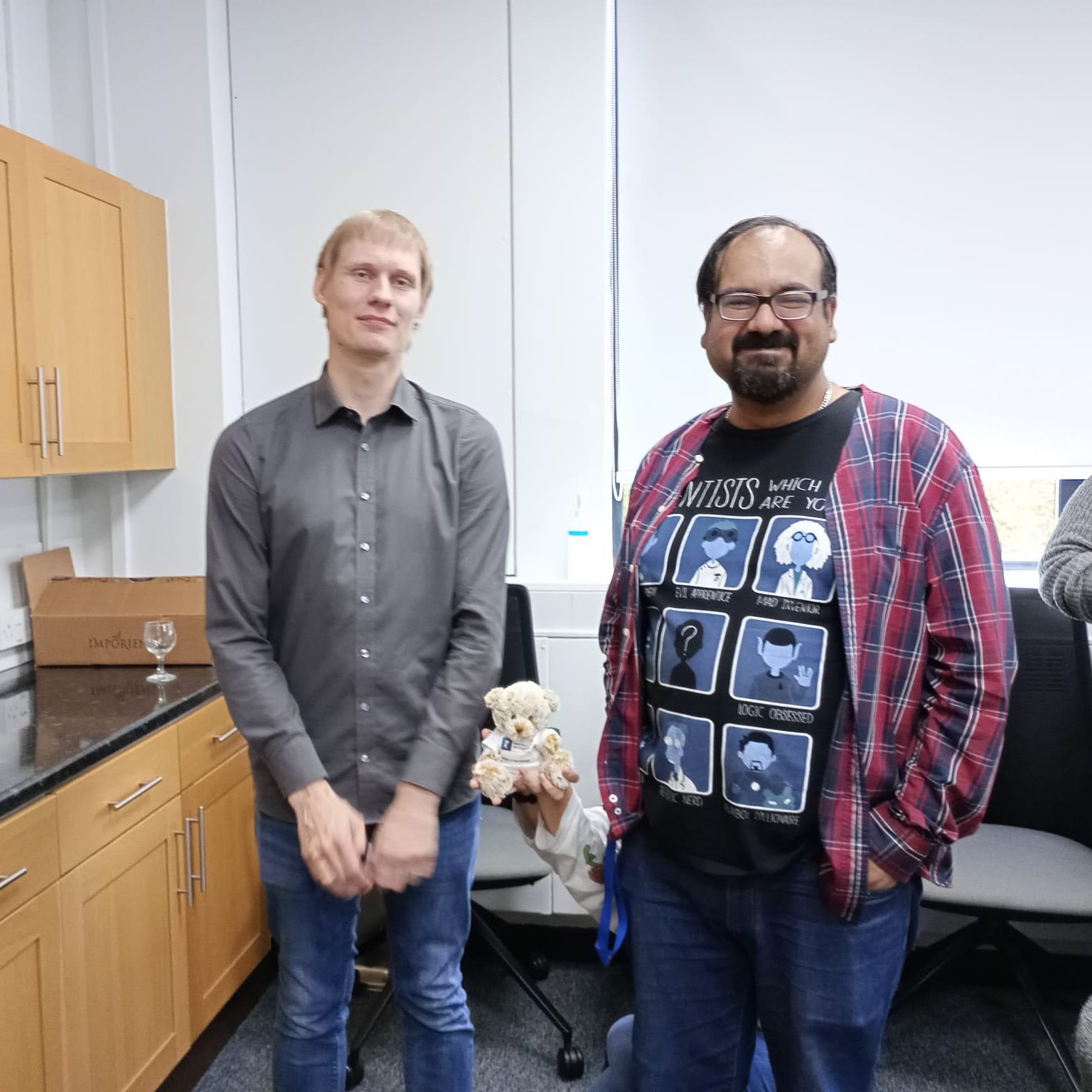
Dr. Nick Simonsen
Congratulations to Nick Simonsen for passing his PhD viva!
Next month he begins a postdoc position at Aarhus University.
Memories that Matter—coming soon
A decade in the making, Memories that Matter: How we remember important things will be coming out in May 2024.
See my page about the book or information from the publisher (Routledge) for more information.
Fade In, Fade Out: Do Shifts in Visual Perspective Predict the Consistency of Real-World Memories?
New paper in Psychological Science, led by Victoria Wardell and Dr. Daniela Palombo.
“Memories of our personal past are not exact accounts of what occurred. Instead, memory reconstructs the past in adaptive—though not always faithful—ways. Using a naturalistic design, we asked how the visual perspective adopted in the mind’s eye when recalling the past—namely, an “own eyes” versus “observer” perspective—relates to the stability of autobiographical memories.”
JOSS publishes 2000th paper
The Journal of Open Source Software has just published it’s 2000th birthday, and reached it’s 7th birthday! The journal just put out a blog post providing an overview of the journal’s growth.
Dr. Madan has been an associate editor at the journal since it’s inception in May 2016.
Memory and Consciousness—Usually in Tandem but Sometimes Apart
New paper out in Cognitive and Behavioral Neurology!
“I present three propositions about the relationship between episodic memory and consciousness: (1) Episodic memory is usually associated with conscious retrieval; (2) it is possible to have consciousness without episodic memory; and (3) episodic memory can be accessed without conscious retrieval.”
Memory and beliefs: How our past experiences shape what we remember
Dr. Madan will be giving a talk at this year’s British Association for Cognitive Neuroscience (BACN) meeting as part of a symposium on Affect-driven learning and information seeking.
“Affective states shape how individuals seek information, form memories, and consequently remember information across development. Understanding the individual differences and physiological underpinnings of affective processes is essential for enhancing healthy information seeking and decision making in real life. This symposium brings together researchers investigating how past decisions, social contexts, rewards, and curiosity influence learning and information seeking.”
Dr. RuoChong Zhang
Congratulations to RuoChong Zhang on a successful PhD defense!
Dr. Yashoda Gopi
Congratulations to Yashoda Gopi on a successful PhD defense!
